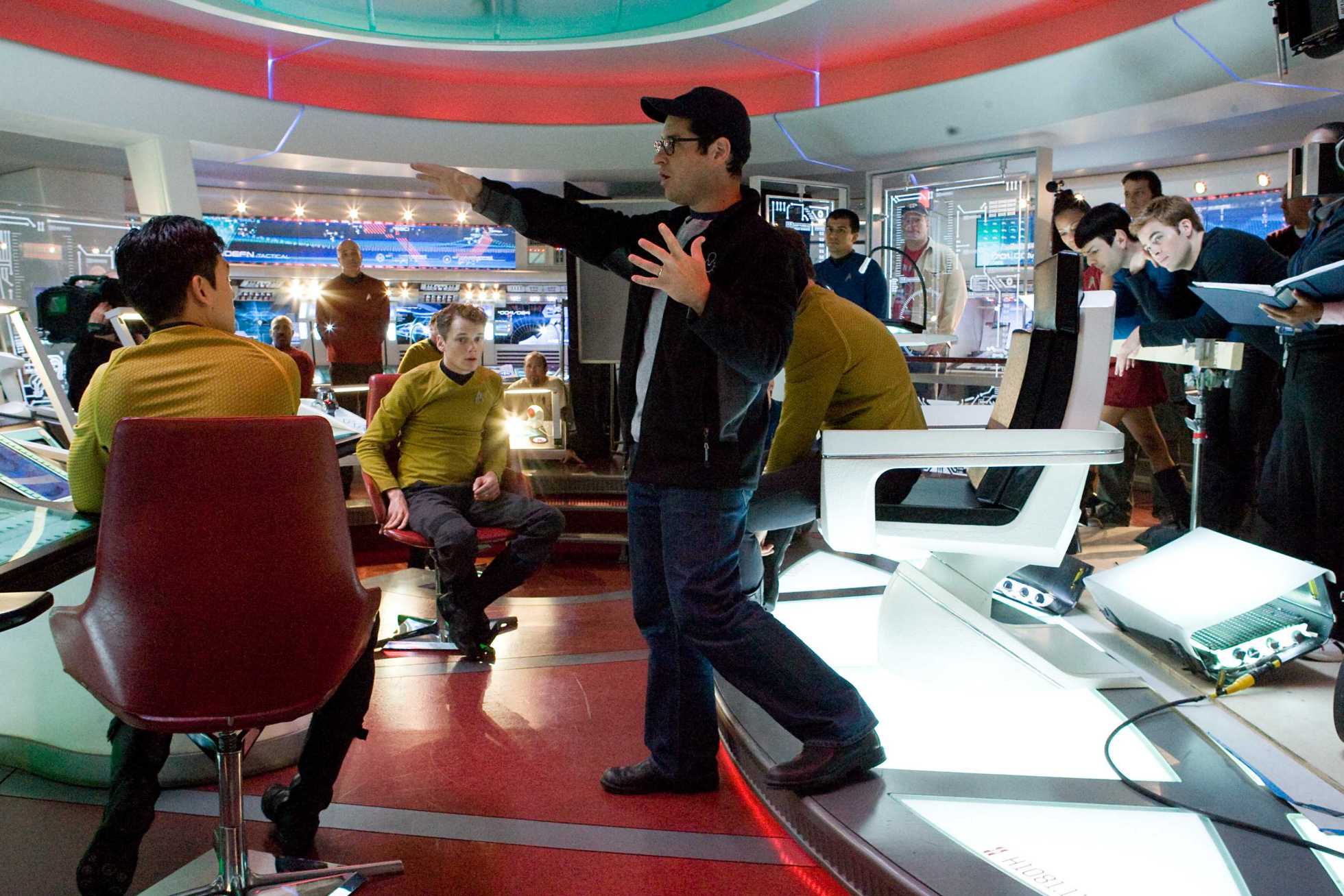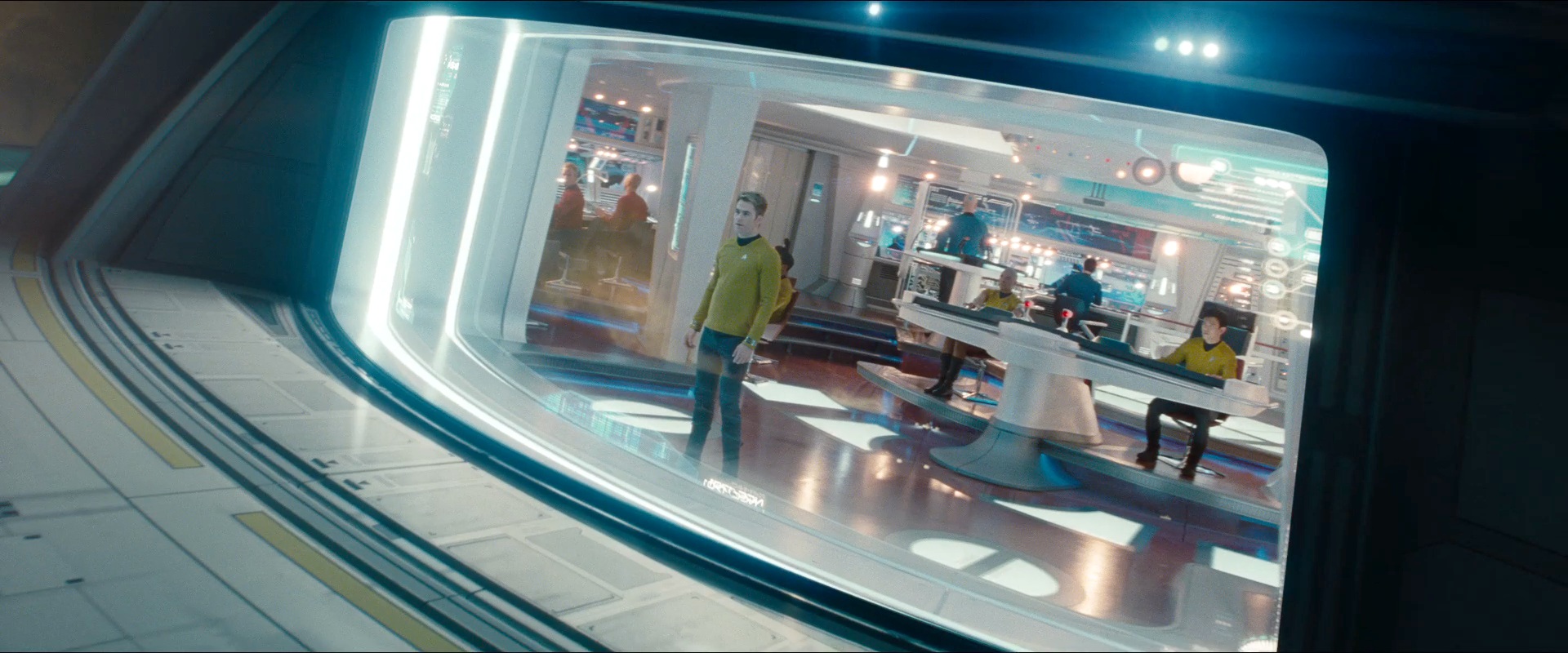Michael Giacchino (Lost, The Incredibles, Ratatouille), would not have been my first pick to score this film. While I love most of his work, I didn’t think he could pull off a Jerry Goldsmith or James Horner styled space opera score. And he didn’t, his score sounds more like a superhero film score. I really want to hate it, but I can’t - the themes just fit the feel of the movie. Spock’s theme is the clear standout for me, beautifully capturing the wonder, elegance, and tragedy of the Vulcans. The original Star Trek theme song (appearing during the end credits) is also memorable. Like the rest of the film, it’s brilliantly updated and fresh.
The movie is not without its faults. It asks you to take a big leap of faith regarding Kirk. In the span of hours, Kirk goes from suspended cadet, to stowaway, first officer, and ultimately captain of the Federation’s most powerful ship. It’s not plausible and worse, it changes the character from a guy who earned his position through hard work to a guy with a destiny (a la Anakin Skywalker). I know the writers didn’t want it to take three movies for Kirk to become Kirk (a la Anakin Skywalker), but I don’t like this explanation and it doesn’t feel consistent with the rest of the Star Trek universe.
That being said, I’m a very big fan of this movie. It’s greatest accomplishment is in making Star Trek fun, exciting, and relevant again. The movie cuts across all demographics, including Trekkie/non-Trekkie, and offers something for everyone.
To quote Captain Pike, Star Trek “is important.” It was envisioned in a period of social, economic, and political unrest. Star Trek created a venue to discuss the issues of our time and gave us hope that we would not only get through our global crises, but we will grow as a species. Now, the world is a mess again. Our economies have failed, Americans are polarized on gay marriage, extremism threatens us domestically and abroad, and the climate is changing each year. I can’t think of a better time for Star Trek’s bright and optimistic vision of our future to be with us again.
Rating: 9/10
Revised Star Trek movie rankings (best to worst): ST6, ST8, ST11, ST4, ST2, ST3.....ST9, ST10...ST7, ST1, ST5.



















